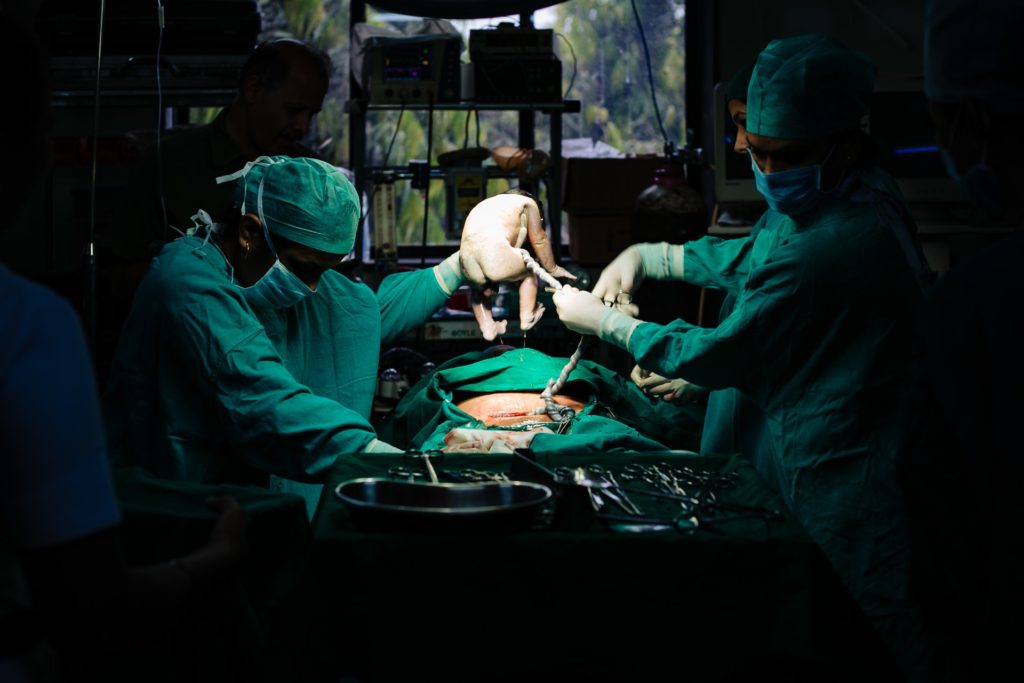In Belgium, the rate of caesarean section deliveries has surged to 22.5% – nearly double the recommended guideline set by the World Health Organisation (WHO).
"That is alarming," said CD&V MP Nathalie Muylle, who requested the figures and who has raised concerns about the overuse of this procedure and the associated health risks. "A caesarean section should only be done when medically necessary. It should not become routine because there are risks involved."
A 2016 study by the Knowledge Centre for Healthcare (KCE) compared health risks associated with caesarean sections versus vaginal deliveries, revealing an increased risk of breathing problems for babies born through the former.
While some claims suggest developmental disorders and allergies in children born via caesarean section, the KCE found no supporting evidence. Nevertheless, mothers undergoing this procedure face elevated risks such as bleeding, bladder or bowel injuries, and, in rare cases, uterine rupture during subsequent deliveries.
The WHO recommends that the percentage of caesarean sections should not exceed 10-15% per country. Belgium's rate, at almost double this threshold, prompts reflection on adherence to international guidelines.
In an interview with De Morgen, Monika Laubach, head of the obstetrics clinic at UZ Brussel and president of the Perinatal Epidemiology Study Centre (SPE), acknowledged the potential for reducing caesarean section rates in Belgium but deems achieving the WHO threshold "unrealistic". She suggested that questions surrounding the feasibility of WHO guidelines have been raised in the scientific community, particularly in populations with predominantly low-risk patients.
Comparisons with other European countries reveal that only Sweden, Norway, Finland and the Netherlands come close to the WHO upper threshold, with the majority surpassing Belgium's rates.
Related News
- Parents of 40 unborn babies told wrong sex due to technical error
- 'A child is not a commodity': Woman convicted of selling baby to Belgian couple
Laubach attributed the increased preference for caesarean sections to factors such as rising maternal age, increasing complications during natural childbirth, higher rates of overweight or obese patients, and the likelihood of repeat caesarean sections.
She underscored the importance of tailoring decisions to individual patients and emphasised the need for thorough information and shared decision-making.
The notable variation in caesarean section rates between maternity hospitals, as indicated by the SPE report, suggests the need for hospitals to assess and adjust their practices.
Health Minister Frank Vandenbroucke has publicly emphasised the importance of judicious application of caesarean sections and stresses that decisions should be made by medical professionals. However, changes are already underway, with new guidelines indicating that natural births may be possible for 60% of women who previously underwent caesarean sections.

